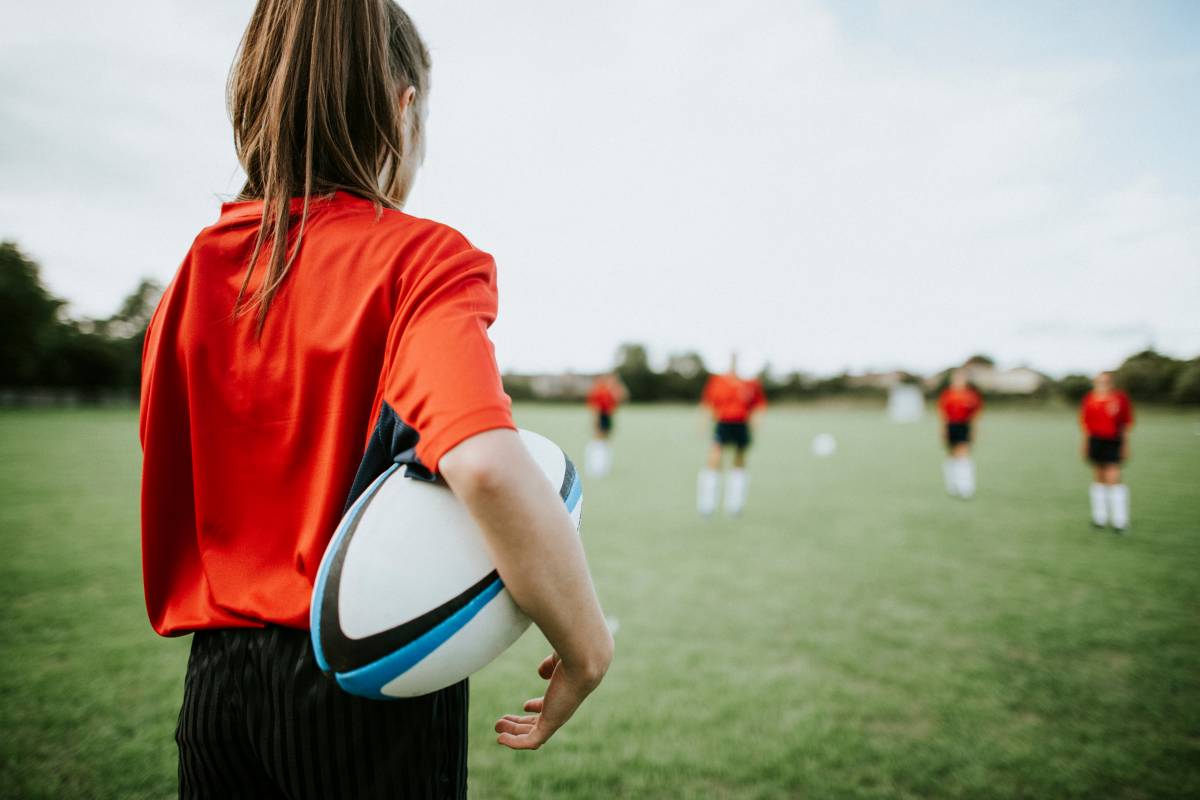Permitting children to take part in impact sports amounts to a form of abuse to the child's brain
Allowing youngsters to take part in impact sports – such as rugby and boxing – amounts to conducting a form abuse to the child’s brain, according to a paper that has just been published online by the journal Sports, Ethics and Philosophy.
The paper’s first author is Eric Anderson, Professor of Sport at the University of Winchester, and his co-writers include academics from the universities of Bournemouth and Nottingham Trent. After examining the strength of medical evidence showing impact sports cause serious brain injuries, Professor Anderson and his fellow researchers concluded that this harm runs counter to existing laws relating to child abuse.
As well as concluding that allowing a child to play impact sport is not compatible with UK law, the researchers believe there are contradictions within the policies of sports bodies themselves.
'Collisions cause cognitive harm'
‘Sports for children should not intentionally harm their brains. They should focus on fun, health, and social development, rather than conditioning them to play elite level sport,’ Professor Anderson said. ‘These collisions cause cognitive harm and increase the risk of neurodegenerative diseases and dementia; they are therefore abusive to a child’s brain.’
There is a need to tackle the widespread ‘cultural perception’ that striking a child outside of sport is abuse, but striking a child in sport is somehow socially acceptable, Professor Anderson suggested. ‘We are trying to change that. It doesn’t matter what the social context is, the brain is damaged in both.’
Keith Parry, head of the department for Sport and Event Management at Bournemouth University, said: ‘Tackle versions of rugby or American football might be fun, but there are no proven physical or mental health benefits in taking blows to the head, compared to safer, non-contact versions.
Dr Parry added: ‘The FA were concerned enough by the dangers of head injury to introduce guidelines to restrict the amount of heading in junior football training. Other, even more injurious sports, should follow and remove intentional collision.’
Another co-author was Gary Turner, a combat sports athlete who has won kickboxing and Thai boxing world titles and is finishing a PhD on combat sports and brain trauma at the University of Winchester.
Mr Turner said: ‘Many sports bodies define child abuse within their safeguarding policies with phrases such as “hitting”, “shaking” or “causing physical harm”.' He added: ‘You cannot be complicit in allowing young bodies and heads to collide with each other and call it a safe environment.’
Schools and clubs must not allow children to be exposed to harm when they engage in sport. Society should recognise this brain abuse as a distinct form of child abuse [Eric Anderson]
The paper distinguishes that include physical impact by design – such as rugby – from those in which where collisions are accidental, such as basketball. The researchers also emphasise that their recommendations only apply to children’s participation.
Professor Eric Anderson concluded: ’Despite the fact that we are sport scholars, some will dismiss our claims as being anti-sport or trying to wrap children in cotton wool. But the evidence of abuse to children’s brains is a medical reality. Impact sports should thus be regulated. Schools and clubs must not allow children to be exposed to harm when they engage in sport. Society should recognise this brain abuse as a distinct form of child abuse.’
We will be called ‘morons' and 'wusses'
The authors predict that they will be accused of being ‘morons, wusses, or anti-sport’ by ‘detractors’ who will be unable to refute their hypothesis with biomedical research. Individuals will issue a reactionary ‘why not ban all sport’ response and argue that people should have individual liberty to partake in dangerous activities.
‘To this we reiterate that the argument applies only to children and only to the elements of impact sports in which brain trauma exists by design, such as a rugby tackle. Our argument may be called preposterous.
'There will likely be attempts to dismiss us by suggesting that we aim to wrap children in cotton wool. There may be attempts to discredit us, but truth is on our side. Hence, detractors may call us what you will, but we call the very fact that this article is published in a sport journal, progress to protect children from abuse.'
To view the full version of the article – titled Sport Structured Brain Trauma is Child Abuse DOI: 10.1080/17511321.2023.2284923 – click
Author: I A McMillanShare it with















